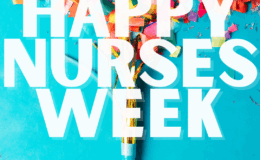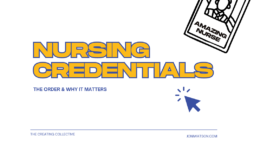Have you ever worried about from where your next meal was coming? As a child, I remember a handful of those moments – seeing the concern in my parents’ faces. Now, as an adult knowing how much they earned, I’m amazed at how my parents provided everything they did for our family of six on their salaries.
With three children of my own now, my family has been in tight financial situations before but nowhere near the desperation of not knowing whether or not we were going to be able to eat for the rest of the day. That’s why I was shocked to hear that 25% of all children in Texas, the state in which I reside, do not know where their next meal will come from. It’s hard for me to imagine. It’s unacceptable.
According to the U.S. Department of Agriculture (USDA), food insecurity varies widely throughout the nation. If you’re interested in the U.S.’ food security compared to our northern neighbor, Canada, the USDA also has that info. Global food security reports indicate over 900 million people live with food insecurity.
Food security is correlated with poverty as well as healthy nutrition. Therefore, it’s clear that the most food insecure states are also the states with the largest prevalence of obesity. And these aren’t the stereotypes you might be picturing. No. The people having difficulty putting food on the table are our neighbors and colleagues. The USDA reports almost half of the households with the greatest food insecurity included at least one employed adult. With our average salaries, some of those working adults may even be nurses.
Hunger is a nursing issue, too. As nurses, we learn Maslow’s Hierarchy of Needs within the first week of nursing school. Food is at the base of the pyramid, right along with breathing. How can you help? Assess patients for food security. Ask plainly – Do you have food at home? If not, contact your nurse case manager or social worker to help. One of the easiest ways to reduce food insecurity in your local community, though, is to connect with your local food bank. Nurses make a difference. Even with hunger.






